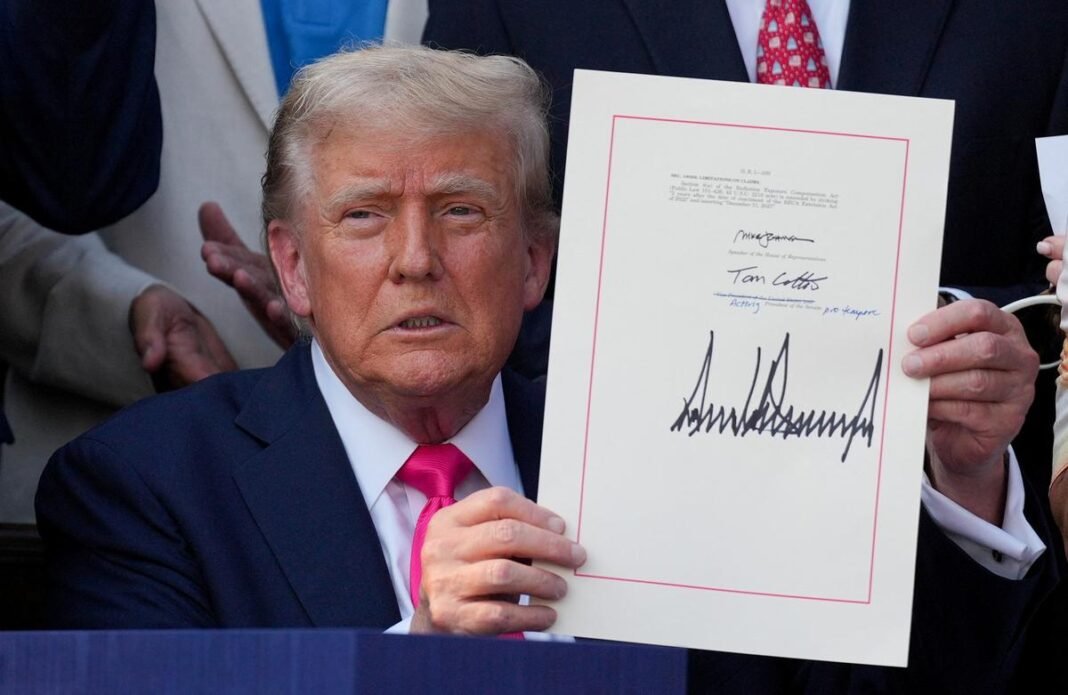US President Donald Trump’s sweeping tax-and-spending proposal—dubbed the “One Big, Beautiful Bill”—is heading for a final vote in the House of Representatives within the next few hours. The legislation, one of the most ambitious of Trump’s presidency, could prove pivotal in shaping his potential second term.
Despite Republican control, the bill has faced significant resistance, with several GOP lawmakers joining Democrats in raising concerns over its long-term impact on the national debt and cuts to healthcare and social welfare programs. The legislation is projected to add a staggering $3 trillion to the federal deficit while scaling back crucial welfare initiatives.
Originally passed by the House in May, the bill returned for a final nod after narrowly clearing the Senate by just one vote on Tuesday. The latest version includes key revisions that softened some of the bill’s earlier provisions.
Key Win for Indian Diaspora in the US
One of the most notable changes in the updated legislation is a substantial reduction in the proposed tax on international remittances—a move that brings significant relief to the Indian diaspora in the US.
Initially, the bill proposed a 5% tax on funds sent abroad, a figure that was reduced to 3.5% in an earlier House version. Now, the final draft has slashed this tax further to just 1%, according to the updated version released on June 27. This is a major reprieve for non-resident Indians (NRIs), H-1B and H-2A visa holders, Green Card holders, and foreign students—all of whom frequently remit money to India.
The new provision will benefit an estimated 4.5 million Indians living in the US, including approximately 3.2 million people of Indian origin. The tax will be applied to remittances made through cash, money orders, and cashier’s checks.
The draft clearly states:
“There is hereby imposed on any remittance transfer a tax equal to 1 percent of the amount of such transfer… The tax imposed by this section with respect to any remittance transfer shall be paid by the sender.”
However, the bill also introduces crucial exemptions. Remittances sent from bank accounts or those funded via US-issued debit or credit cards will not be subject to this 1% tax. This move is likely aimed at encouraging digital and traceable financial channels, while softening the burden on legal foreign residents sending money home.



